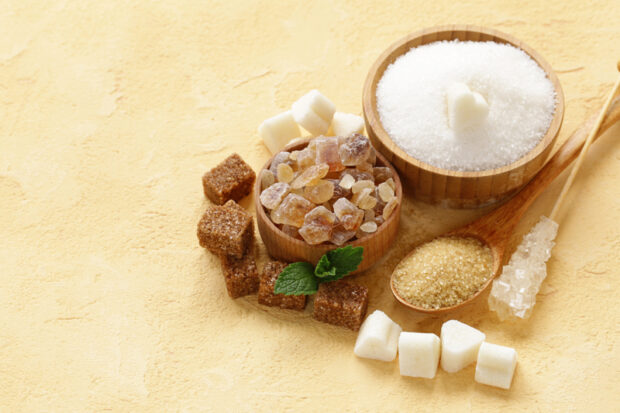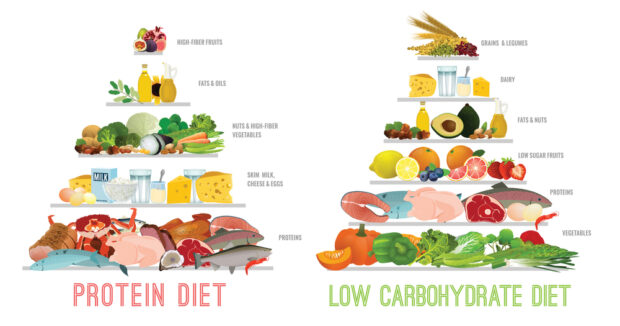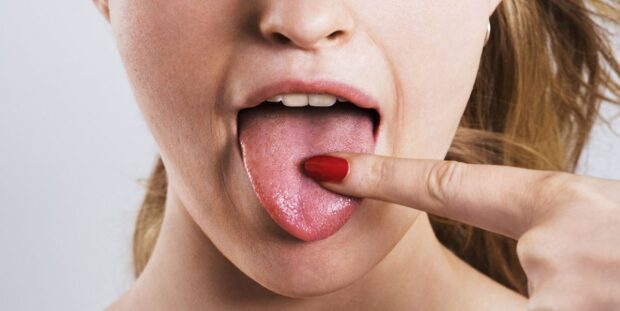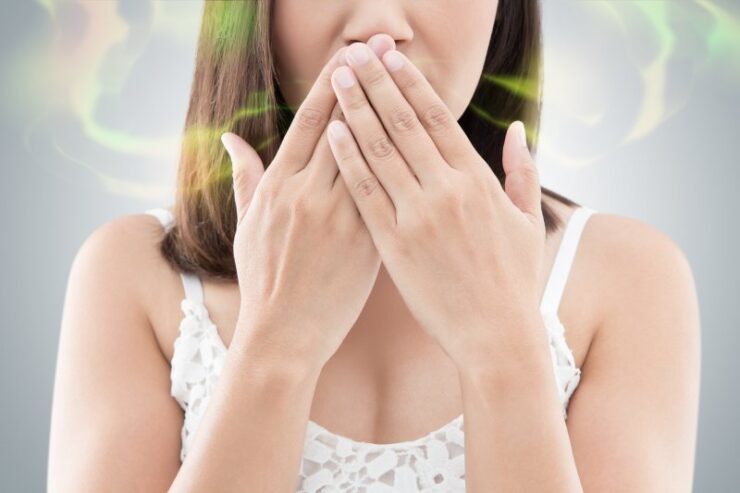Having bad breath is embarrassing and can affect your self-esteem. Halitosis sometimes referred to as bad breath, is a relatively common condition. It may be brought on by what you consume, or it may indicate a significant problem with your dental health. Fortunately, Compassionate Endodontics will treat your bad breath to improve your oral health.
Here are some causes of bad breath;
Poor oral hygiene

Poor oral hygiene is the leading cause of foul breath. If you don’t frequently brush your teeth and the rest of your mouth, food particles may stay in your mouth, and plaque, a sticky bacteria buildup, may develop on your teeth. Your tonsils and the uneven surface of your tongue both have the potential to trap food particles and germs that cause foul breath. In addition to causing gum disease and cavities, poor oral hygiene also contributes to other oral health concerns, including foul breath. The greatest defense against bad breath is to maintain a program for dental care that is both regular and comprehensive.
Coffee

If you like a strong cup of coffee to start your day, you may have observed that it sometimes gives you the impression that your breath is terrible. The intense flavor of coffee and how it affects salivation may contribute to poor breath. Caffeine in coffee causes a decrease in salivation after drinking it. Less saliva equals more microorganisms that produce odors.
Alcohol

Another cause of foul breath is alcohol intake; thus, the more frequently you drink, the more probable you will have it. Alcohol use, especially excessive alcohol consumption, lowers saliva production, which is the ideal habitat for odor-producing bacteria to thrive.
Sugar-rich diets

Bad breath may also arise from meals heavy in sugar and protein and from eating novel or spicy foods. Due to the way sweets interact with the bacteria already present in your mouth, a diet heavy in sugar may cause halitosis and contribute to foul breath. The bacteria already present in your mouth feed on sugars to produce sour tastes and odors in sweet foods.
Low-carb or high-protein diets

When the amount of carbohydrates in your diet is too low, it might cause foul breath. Carbohydrates are essential for many bodily processes. Due to an extreme diet, the body may not get enough carbohydrates, which might alter your body’s metabolism and result in foul breath. High-protein meals may sometimes be challenging for your body to digest, and when they don’t break down, they often generate sulfurous fumes. Avoid this by eating a more wholesome, balanced diet that includes more vegetables and fruits.
Dry mouth

Saliva assists in maintaining a clean mouth by eliminating food particles that cause foul breath. Bad breath is likely to develop when saliva production decreases or ceases, a condition known as xerostomia. Most individuals discover that their breath is a little sour when they wake up since this occurs naturally while they sleep. But if the issue continues all day, seeking therapy could be worthwhile.
Bad breath can be embarrassing. However, you should treat the underlying dental issue in your mouth that causes persistent foul breath rather than merely masking it.
Call Compassionate Endodontics to book your appointment to treat your bad breath.




























